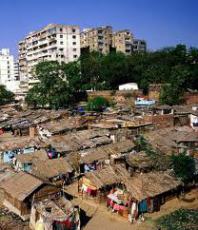The Guardian Reporter – ‘Seven Of Ten Tanzanians Jobless, Six Live In Slums’
ippmedia.com. November, 25, 2013. Seven of ten Tanzanians are jobless and six live in informal settlements and the gap between the rich and poor is expanding in Kenya and Tanzania with exception to Uganda where it has stabilized.
The East African Legislative Assembly (EALA) Speaker Margaret Nantongo Zziwa has thus urged the region to seek solutions to existing inequalities as pre-cursor to progress and achievement of Millennium Development Goals (MDGs).
Speaking at the launch of the Society for International Development (SID) State of East Africa Report 2013 over the weekend, Zziwa said the EAC needs ‘strong social economic fiber.’
The EALA Speaker called on stakeholders to join in the task of securing an economic future for East Africa.
She hailed Kenya’s UWEZO fund saying it will incubate enterprise and creation of jobs and “…should be replicated in the region,” she urged.
Read more: http://www.ippmedia.com/


